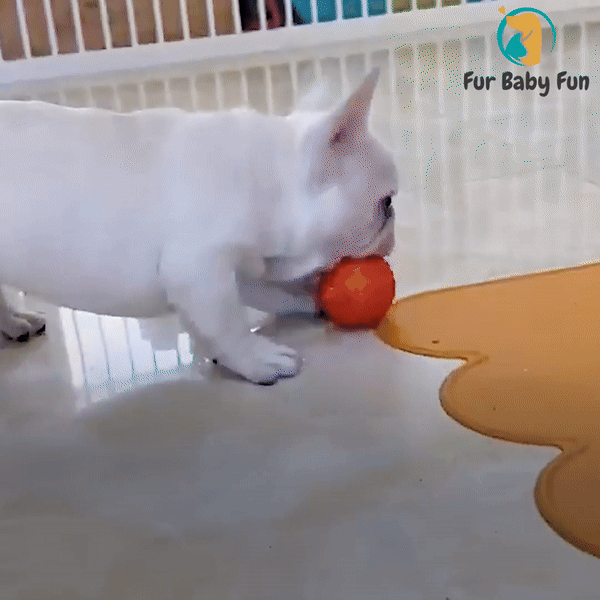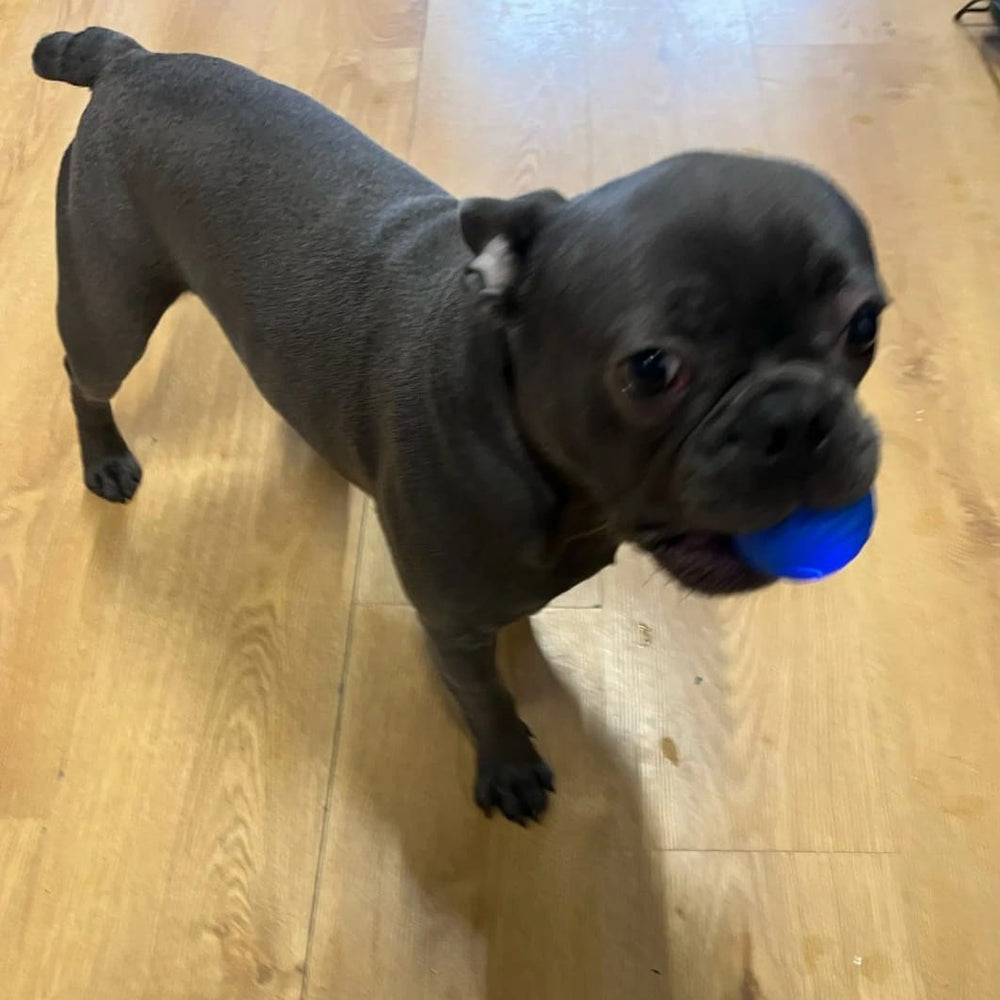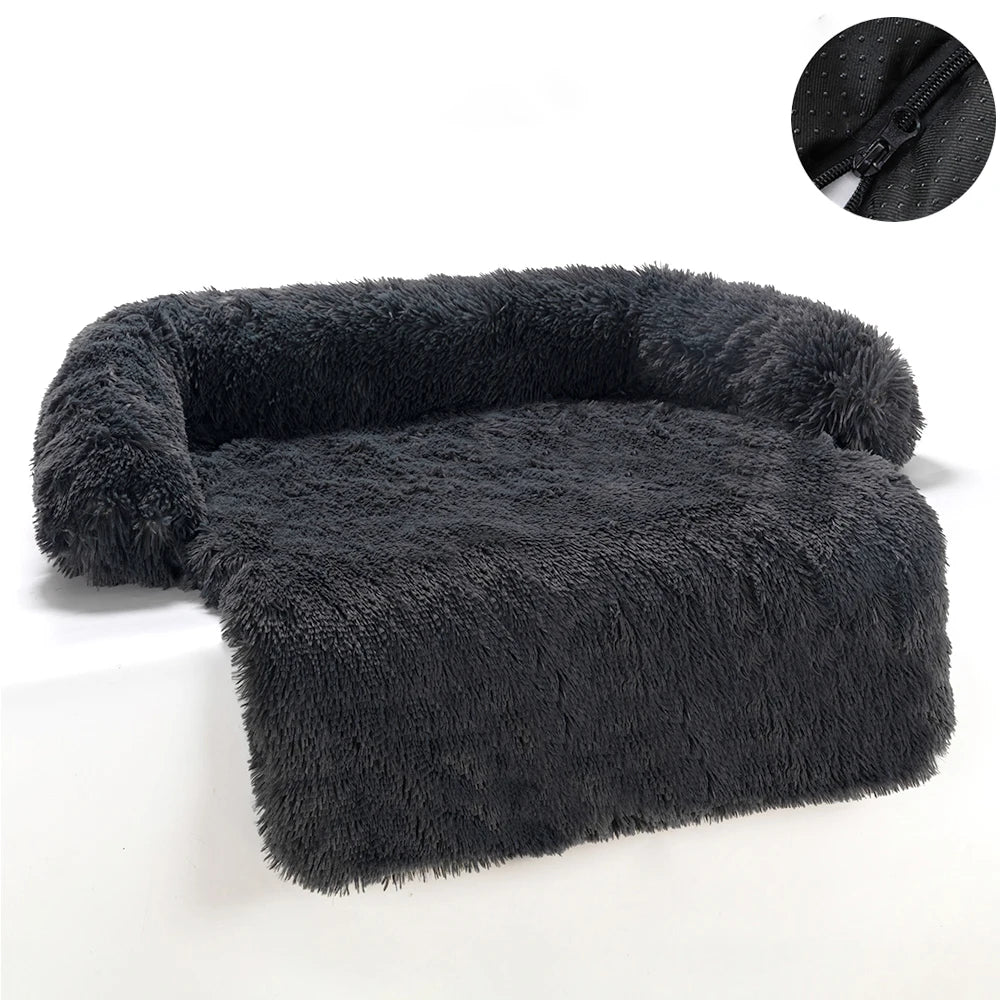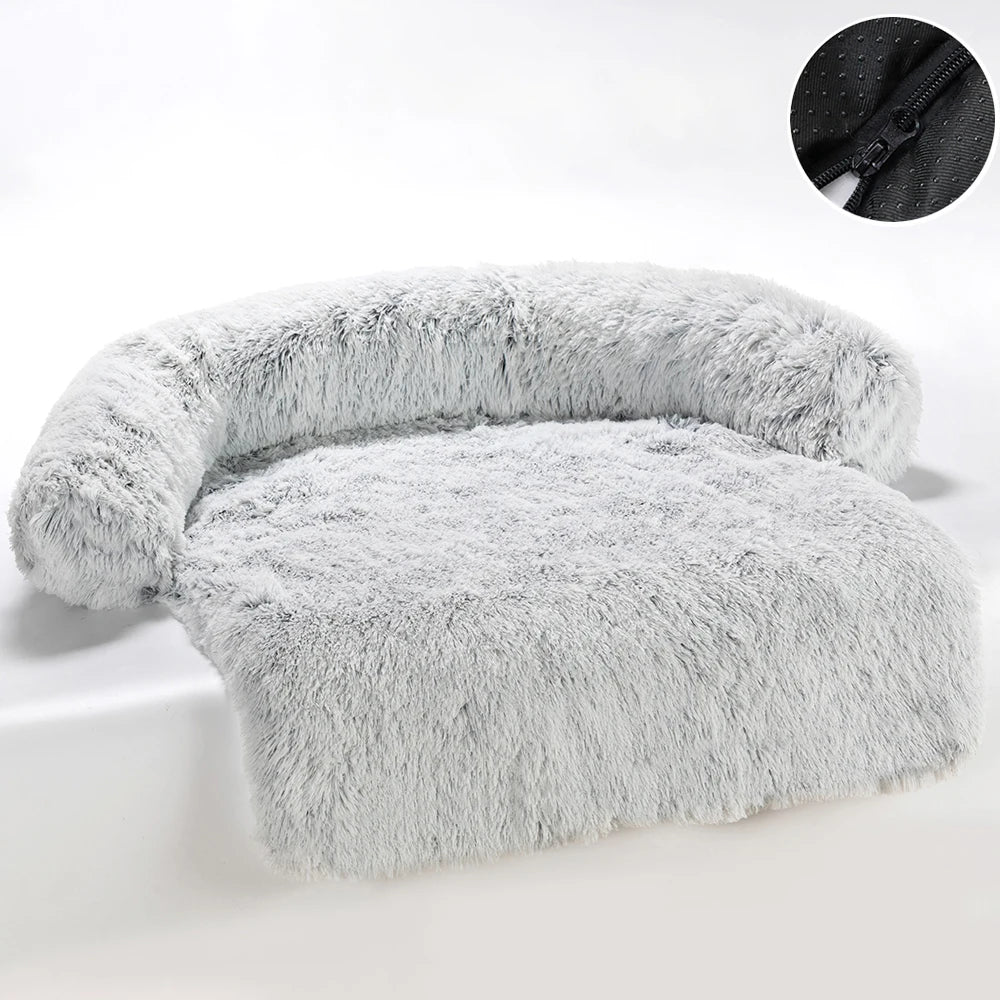Bringing home a new puppy is an exciting and joyous occasion, but it also comes with its fair share of challenges, especially when it comes to sleep. Just like human babies, puppies require a lot of attention and care, and their nighttime routines can be particularly demanding. If you find yourself wondering if you'll ever get a good night's sleep again, you're not alone. Most new puppy owners struggle with getting their pups to sleep through the night. But don't worry, with a bit of patience and some tried-and-true strategies, you can help your puppy sleep all night and reclaim your own rest.
Understanding Puppy Sleep Patterns
Puppies, much like human infants, have different sleep patterns compared to adults. They need more sleep overall but often in shorter bursts. A young puppy can sleep up to 18-20 hours a day, but this sleep is spread out over the course of 24 hours, including many naps throughout the day and night. As they grow, they will gradually adjust to a more consolidated nighttime sleep pattern.
Why Isn't Your Puppy Sleeping Through the Night?
There are several reasons why your puppy might be struggling to sleep through the night:
-
Separation Anxiety: When you first bring your puppy home, they are suddenly separated from their mother and littermates, which can be distressing. This separation anxiety can make it difficult for them to settle down and sleep.
-
Unfamiliar Environment: Your home is new to your puppy, and everything from the smells to the sounds can be overwhelming. It takes time for them to get used to their new surroundings.
-
Potty Breaks: Puppies have small bladders and cannot hold their urine for long periods. They will need to go out during the night until they are old enough to hold it until morning.
-
Energy Levels: Puppies are full of energy and need plenty of exercise during the day to tire them out. Without enough physical and mental stimulation, they may be restless at night.
Creating a Comfortable Sleep Environment
The first step to helping your puppy sleep through the night is to create a comfortable and secure sleeping environment. Here are some tips to consider:
-
Crate Training: Many trainers recommend crate training as it provides a safe, den-like space for your puppy. When used correctly, a crate can help your puppy feel secure and aid in house training. Ensure the crate is the right size – large enough for them to stand, turn around, and lie down, but not so large that they can eliminate in one corner and sleep in another.
-
Comfortable Bedding: Provide soft, comfortable bedding in the crate. Some puppies prefer lots of fluffy blankets, while others might like a cool, hard surface. Pay attention to your puppy's preferences and adjust their bedding accordingly. Waterproof and chew-proof bedding can be particularly useful for young puppies.
-
Crate Cover: Using a crate cover can help create a dark, cozy environment which can aid in sleep. It also helps block out any light or distractions that might keep your puppy awake.
-
Calming Aids: Items like the Snuggle Puppy, which has a heartbeat and warmth, can mimic the presence of a littermate and help soothe your puppy to sleep.
-
Pheromone Diffusers: Products like Adaptil emit synthetic versions of the calming pheromones that a mother dog produces. These can help your puppy feel more secure and relaxed.
Establishing a Bedtime Routine
A consistent bedtime routine is crucial for helping your puppy understand when it's time to wind down and go to sleep. Here are some steps to include in your routine:
-
Evening Exercise: Ensure your puppy gets plenty of physical exercise and mental stimulation in the evening. Play games like fetch or tug, or take them for a walk. This will help tire them out and make them more ready for sleep.
-
Pre-Bedtime Calm: About an hour before bedtime, switch to calmer activities. Use chew toys, snuffle mats, or lick mats to engage your puppy's natural calming behaviors. Licking and chewing can be particularly soothing and help prepare them for sleep.
-
Last-Chance Potty Break: Take your puppy out for a final potty break just before bedtime. This helps reduce the chances of them needing to go out during the night.
-
Consistent Bedtime: Try to put your puppy to bed at the same time each night. Consistency helps them learn what to expect and can improve their ability to settle down quickly.
Managing Nighttime Potty Breaks
Young puppies cannot hold their bladders through the night, so you'll need to plan for nighttime potty breaks. Here’s how to manage them:
-
Set an Alarm: Set an alarm to wake up and take your puppy out before they wake up and start crying. This proactive approach helps prevent accidents and reinforces the idea that nighttime is for sleeping.
-
Keep It Calm: When you take your puppy out for a potty break, keep the interaction calm and quiet. Don't engage in play or excitement. Simply take them out, let them do their business, and then calmly return them to their crate.
-
Gradual Reduction: As your puppy grows, they will be able to hold their bladder for longer periods. Gradually extend the time between potty breaks until they can make it through the night.
Additional Tips for a Good Night’s Sleep
-
Noise Techniques: Play calming music or use a white noise machine to mask any outside noises that might wake your puppy. Classical music, soft rock, or even reggae can be soothing.
-
Avoid Late-Night Feeding: Feeding your puppy too late can result in the need for a bathroom break during the night. Try to feed them a few hours before bedtime and offer a small snack if they seem hungry before bed.
-
Limit Water Intake: While it's important to ensure your puppy stays hydrated, you might need to limit their water intake an hour or two before bed to reduce the need for nighttime potty breaks. Always consult with your veterinarian before making changes to your puppy's water access.
-
Comfort Items: Familiar toys or blankets can provide comfort. If possible, bring home a blanket or toy that smells like their littermates when you first bring your puppy home.
When to Seek Help
If your puppy continues to have trouble sleeping through the night despite your best efforts, it might be worth consulting with a veterinarian or a professional dog trainer. There could be underlying health issues or behavioral concerns that need to be addressed.
Conclusion
Helping your puppy sleep through the night requires patience, consistency, and a bit of trial and error. By creating a comfortable sleep environment, establishing a bedtime routine, and managing nighttime potty breaks, you can help your puppy learn to settle down and sleep through the night. Remember, every puppy is different, and it may take some time for your new furry friend to adjust. With your love and dedication, your puppy will soon be sleeping soundly, and you can look forward to restful nights ahead.















Leave a comment